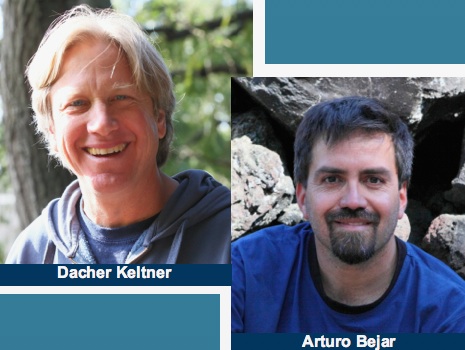About to post this to Facebook…:
I heard a pundit say the other day that people “are just wandering away†from Facebook. I feel that. The vibe has totally changed, and much of the old vitality is gone. Pre-Trump, Facebook was an enjoyable place for serious debate on an endless variety of topics. Post-Trump, FB became a place to rally and compare notes about the Decline and Fall of Western Civilization. But no one can stay in rage mode every day – we become exhausted. Now it feels like people are just kind of limping along, trying to keep their chins up against an inexplicable and endlessly infuriating backdrop.
Then there’s the whole Cambridge Analytica thing, and the ensuing #deletefacebook movement. If you didn’t catch tonight’s 60 Minutes interview with the developer of the app that scraped your data, must watch.
Three Facebook writers/friends I admire bigly have quit FB over the past month, leaving my stream all the poorer. Meanwhile, I find myself pining once again for pre-Facebook days, when it was all about blogs aggregated into RSS and FOAF networks. I’ve let my Twitter and Flickr accounts go somewhat stale. I don’t give Quora nearly the amount of time it deserves. Medium is an amazing resource. Reddit is a massive phenomenon of which I’ve barely scraped the surface. There are still tons of great blogs out there. And the stack of unread magazines and books on the coffee table keeps calling.
Coming to treat Facebook like it’s the internet itself, or like it somehow represents the “best of the internet” is a subtle trap, one that occurs silently, almost naturally, when you allow it suck you in. It’s too good at what it does.
I think a big part of the appeal of TV shows set in the past (“Call the Midwife,†“The Crown,†etc.) is that they let us spend an hour remembering how different the world was before the internet changed everything, for better and for worse. Lately, I’ve been leaning more toward “for the worse,†which is ironic given my chosen profession, but I can’t escape the conclusion that our culture’s seeming inability to distinguish truth from fiction, or to even care when our leaders use lies as a primary currency, or to think rationally as a collective, is largely due to the fact that anyone can now speak on the same playing field as trained professionals. What drew me to a career on the web – the revolutionary potential of an idealistic “democratization of voices†that could “give everyone their own printing press†turned out to be HORRIBLE for democracy.
Meanwhile, it feels like a third of the country views people who just want to maintain common-sense, good-for-humans policies as if they are “leftist radicals†(excuse me now, WHO are the radicals?). Today I did something truly radical: I picked up the damn phone (remember those?) and called an old friend. Sat in the afternoon sun and talked, just like in the olden days. It was truly great.

Lately, the thing that makes me happiest is not having online conversations – it’s rolling through pristine countryside on two wheels. It’s bike season, and the centuries are coming up. That’s where I feel most at peace, and I experience a deeper sense of meaning making a new friend on a bike than I do clicking Like 30 times a day. Late nights, lately I take more pleasure in writing code than in “scrolling the feed†(which is why I’ve been posting less).
This is all a long way of saying I feel increasingly depressed by it all. By the internet in part, but by Facebook’s supremacy *in particular*. I need a mental health break from this platform. Not unplugging entirely, but needing more diversity of inputs and of voices, and to do more analog reading. I’m returning to my old haunts for a spell, and looking for new ones. Just deleted FB from my phone (it only takes a second!), and will not visit FB/web for one month (though I’ll probably check in on this post for a day, and may make exceptions for a couple of big events coming up).
I know it’s going to be tough — for all of its problems, Facebook is an incredible platform. The technology is good, all my friends are here, and it serves important functions for organizing events and interest groups. This will be tough.
For updates this month, see blog.birdhouse.org and twitter.com/shacker . Come May 21, I’ll re-evaluate.
Much love,
./s






